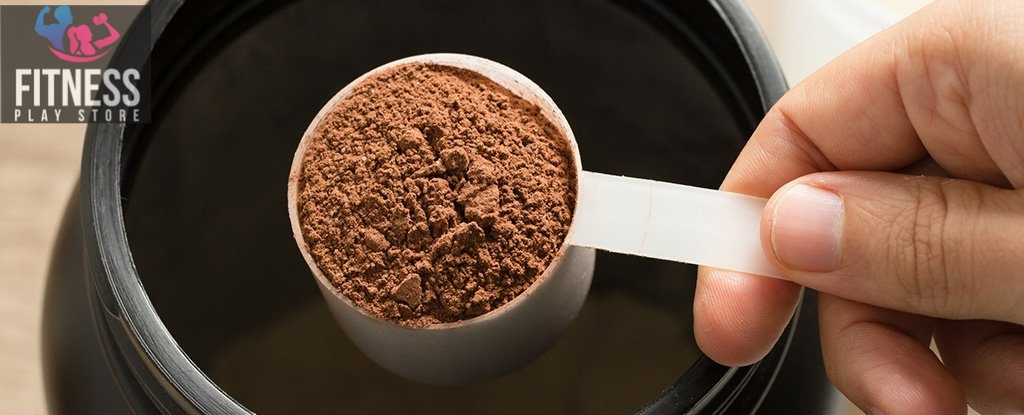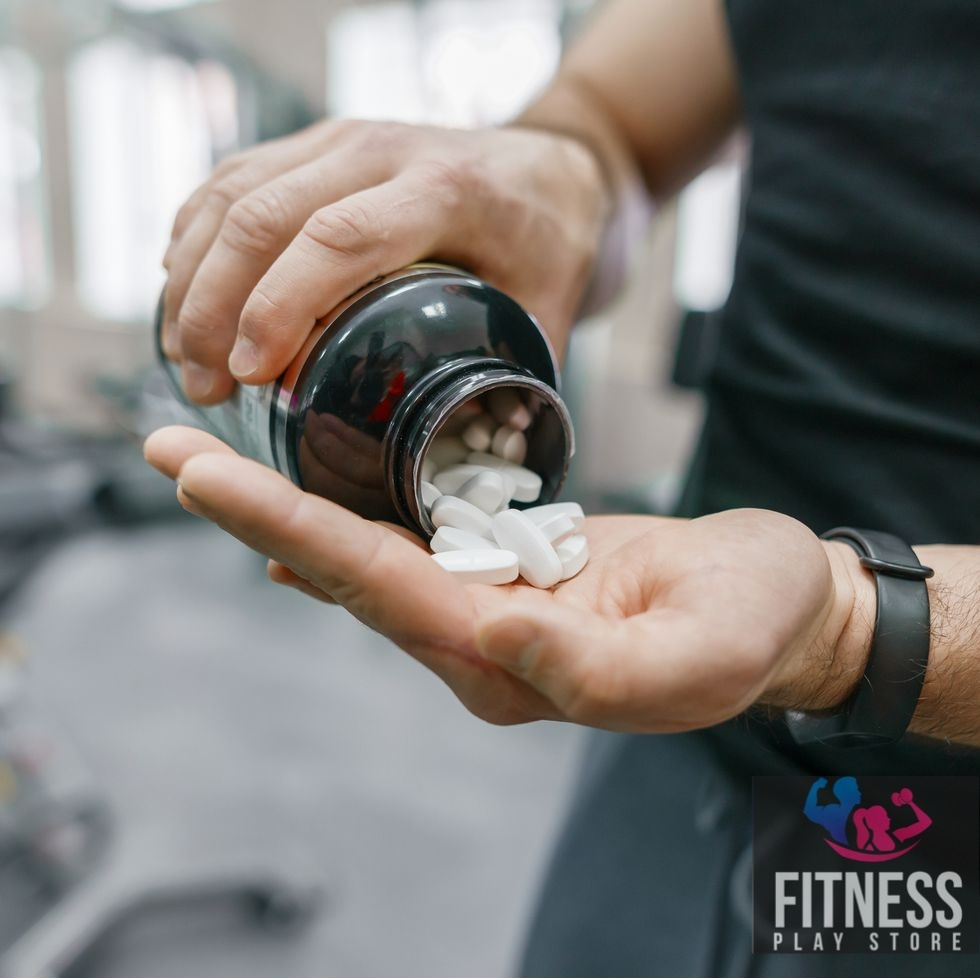
What are pre-workout supplements?
Pre-workout supplements (also known as pre-workouts) are dietary formulas made of several different ingredients and used to boost your athletic performance and energy. They typically come in the form of powder so that you can dissolve them in water and take them before your workout.
Since many pre-workouts consist of several different ingredients that are most likely unknown to regular people, it’s essential to know the most common ones and understand each of their functions.
The most common pre-workouts ingredients include:
- Caffeine is the main ingredient in nearly every pre-workout. It’s also probably the only one that doesn’t sound “exotic.” It’s well known that caffeine is a stimulant, so its primary role is to decrease subjective sensations of fatigue and promote wakefulness. It’s significantly more effective for speed and endurance activities and not so beneficial for weightlifting.
- Nitric Oxide Precursors, such as L-citrulline and L-arginine, are essentially the compounds your body uses to produce nitric oxide. Nitric oxide then relaxes blood vessels and improves blood flow. Therefore, by supplementing these precursors, you’ll ensure oxygen boosts and enhance nutrient transport to your muscles.
- Creatine is a compound already naturally produced in your body. It’s mainly stored in skeletal muscle, where it’s responsible for muscular strength and energy production. Although it’s often included in pre-workouts, it can also be found as a standalone supplement. It’s pretty popular among bodybuilders, weightlifters, and other power athletes. By supplementing with Creatine you can improve your muscle mass, recovery time, exercise performance, and strength.
- L-Carnitine is an amino acid that’s often found in the form of acetyl-L-carnitine. It’s typically used to decrease muscle damage and fatigue while slightly increasing muscular work capacity.
- L-Tyrosine is also an amino acid and the essential precursor to dopamine and noradrenaline. It may increase your energy levels, reduce stress and potentiate the effects of other stimulants.
- Taurine, once again an amino acid, may sound familiar to you, especially if you’ve read the ingredients label on Red Bull. However, this compound is not a stimulant. It mainly serves to reduce cramps caused by a high dose of stimulants.
- B Vitamins, mainly B6, B12, and niacin, all support alertness, and energy metabolism. B vitamins can also enhance motivation and energy levels. People who use peptides for weight loss are familiar with all the benefits this compound brings to the body.
- β-alanine is essentially a modified amino acid alanine. A few grams a day may increase your muscular endurance and decrease fatigue.
The positives to using a pre-workout are:
- Caffeine has been shown to block pain in the muscle during workouts (good for a one off race or event.)
- A small study done with high level athletes taking high amounts of caffeine and carbohydrates after training had 66% more glycogen in their muscles four hours after finishing intense glycogen-depleting exercise than athletes who didn’t.
- Improves focus
- Improves stamina
- Improves motivation
- Improves energy
The drawbacks to using a pre-workout are:
- Over stimulating
- Dehydration
- Increased blood pressure
- Addiction
- Insomnia
- Adrenal fatigue
- Drug test fail (if a competing athlete in particular sports)
- Energy crash
Tips for Taking Pre-Workout Supplements
As with any supplement, you need to talk to your doctor before you take a pre-workout — especially if you have any health conditions or you take any medicines. They’ll let you know if these supplements are safe for you to try. If they give you the green light, here are some tips on how to use them:
Take a pre-workout 20 minutes before you exercise. This gives the supplements time to kick in.




